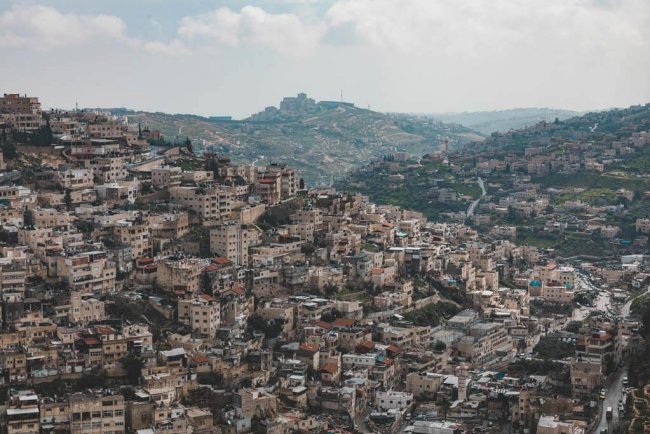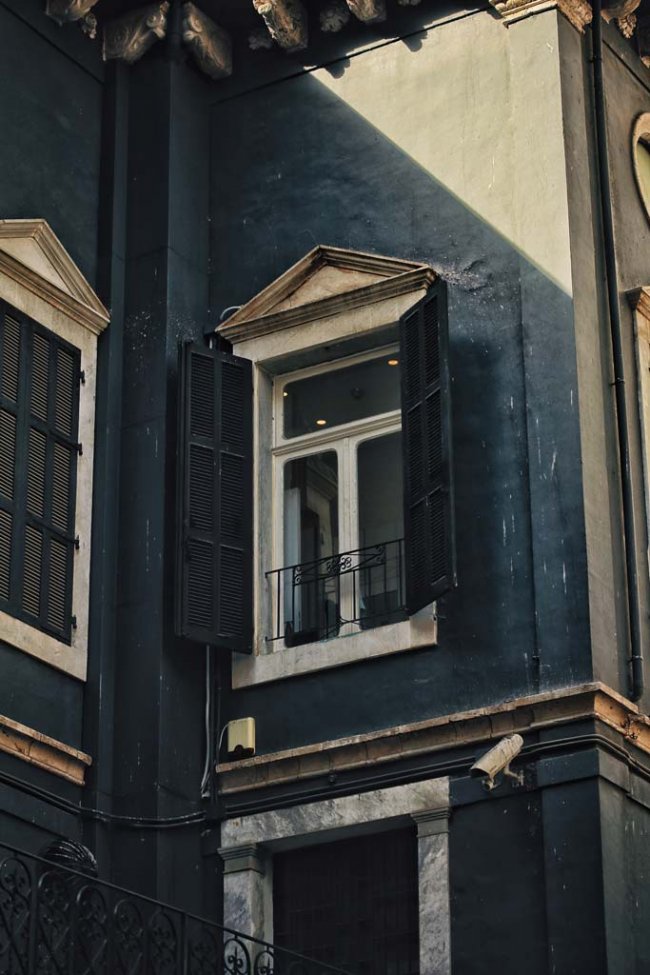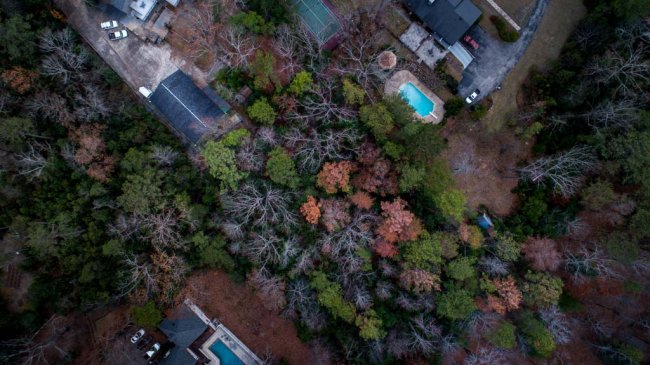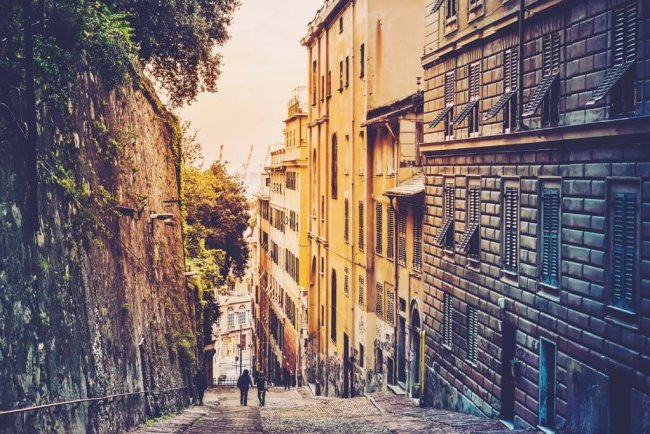Letter from Jerusalem by Yehuda Fraenkel
The magnitude of emotional load together with ethical and clinical questions puts us in a total “terra incognita” state. I think that the need for coherence in external chaos is indeed universal, yet to us are both a demand and praxis of psychoanalytic practice engaging intrapsychic chaos.





